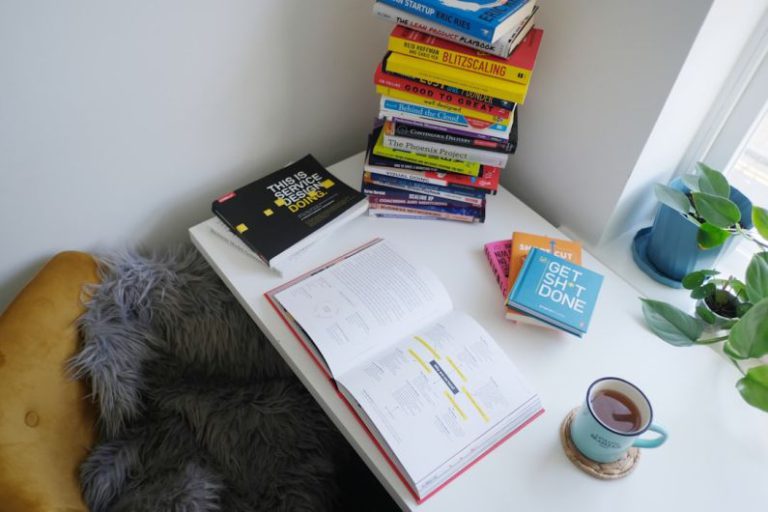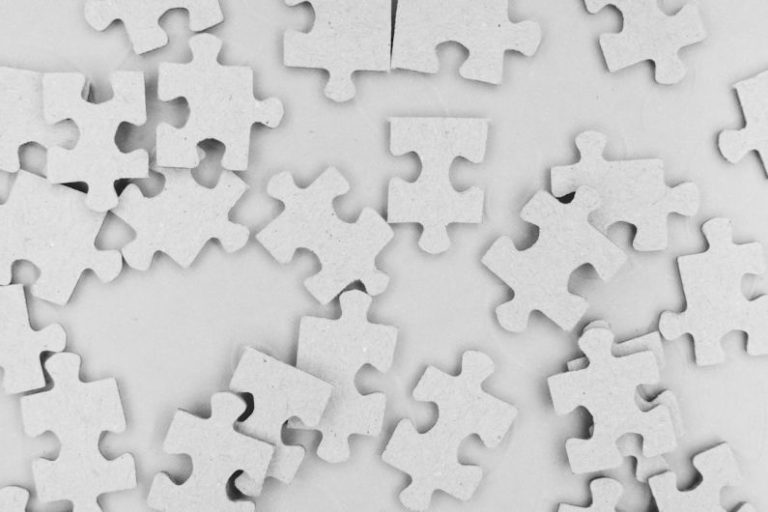
When purchasing a home, one crucial step in the process is the home inspection. This thorough examination of the property can uncover potential issues that may need to be addressed before finalizing the purchase. While every home is unique, there are some common home inspection issues that tend to crop up regularly. Being aware of these common problems can help homebuyers make informed decisions and avoid potential headaches down the road.
Foundation Problems
The foundation of a home is its fundamental support system, and any issues with the foundation can lead to significant structural problems. During a home inspection, inspectors will look for signs of foundation issues such as cracks in the walls or floors, uneven floors, or doors and windows that stick. These issues can be caused by factors such as soil movement, poor construction practices, or water damage. Addressing foundation problems can be costly, so it’s essential to have a thorough inspection to identify any potential issues.
Roof Damage
The roof is another critical component of a home that is often inspected closely. Damage to the roof can lead to leaks, water damage, and even structural issues if left unaddressed. During a home inspection, inspectors will look for signs of roof damage such as missing or damaged shingles, sagging areas, or signs of water infiltration. Roof repairs or replacements can be expensive, so it’s essential to have a clear understanding of the condition of the roof before purchasing a home.
Electrical Issues
Electrical problems are common home inspection issues that can pose safety hazards if not addressed. Inspectors will check the electrical system in the home for issues such as outdated wiring, overloaded circuits, faulty outlets, or improper grounding. Electrical problems can increase the risk of fires and electrocution, so it’s crucial to address any issues identified during the inspection promptly.
Plumbing Concerns
Issues with the plumbing system can range from minor leaks to more significant problems such as sewer line issues. During a home inspection, inspectors will check for leaks, water pressure issues, drainage problems, and the overall condition of the plumbing system. Plumbing repairs can be costly, so it’s important to have a thorough inspection to identify any potential issues before purchasing a home.
HVAC System Deficiencies
The heating, ventilation, and air conditioning (HVAC) system is responsible for keeping the home comfortable year-round. Inspectors will evaluate the HVAC system during a home inspection to check for issues such as inadequate heating or cooling, dirty filters, malfunctioning thermostats, or signs of poor maintenance. HVAC repairs or replacements can be costly, so it’s important to ensure that the system is in good working order before finalizing a home purchase.
Mold and Moisture Problems
Mold and moisture issues are common home inspection problems that can affect both the structural integrity of the home and the health of its occupants. Inspectors will look for signs of mold growth, water damage, or excess moisture during a home inspection. Addressing mold and moisture problems may involve remediation efforts, repairs to the home’s exterior, or improvements to ventilation systems. It’s crucial to address these issues promptly to prevent further damage and protect the health of those living in the home.
Pest Infestations
Pest infestations are another common issue that may be uncovered during a home inspection. Inspectors will check for signs of pests such as termites, rodents, or insects that can cause damage to the home’s structure. Addressing pest infestations may involve hiring a professional exterminator and making repairs to any damage caused by the pests. It’s important to address pest issues promptly to prevent further damage and ensure the safety of the home’s occupants.
Inadequate Insulation and Ventilation
Poor insulation and ventilation can lead to energy inefficiency, comfort issues, and even health problems. Inspectors will check the home’s insulation levels, ventilation systems, and air quality during a home inspection. Inadequate insulation can lead to higher energy bills and discomfort, while poor ventilation can result in indoor air quality issues. Addressing insulation and ventilation issues may involve adding insulation, improving ventilation systems, or making repairs to the home’s exterior. It’s important to ensure that the home is properly insulated and ventilated to maintain a comfortable and healthy living environment.
Conclusion:
In conclusion, home inspections are a vital part of the home buying process and can uncover a variety of common issues that may need to be addressed. By being aware of these common home inspection problems, homebuyers can make informed decisions and avoid potential pitfalls. Addressing any issues identified during a home inspection promptly can help ensure the safety, comfort, and longevity of the home. Remember, a thorough home inspection is an investment in the future of your home and your peace of mind.





